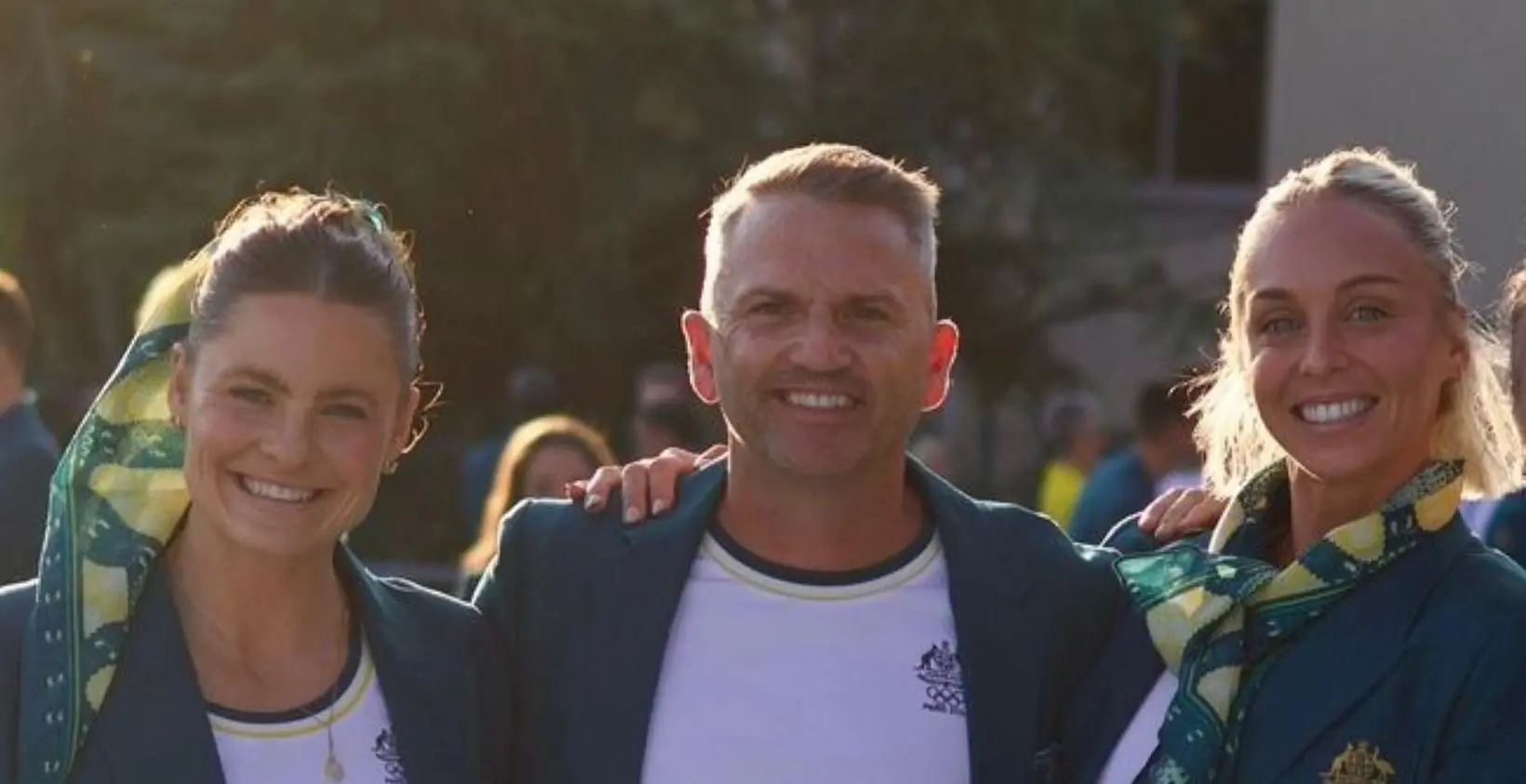
Presented with the world’s best athletes in the form of their life, performance psychologist Jonah Oliver’s job is to ensure that translates to results. Steering away from motivational quotes and cliches, he deals in skills and behaviours for Australian stars including Olympic champion Nina Kennedy.
While Olympic athletes are what the kids would describe as built different, Oliver thinks different. Working with many of Australia’s medallists in Athletics at Paris 2024, he begins to unpack the intricacies of his trade.
“No different to physical preparation, psychological preparation takes time to embed the required skills, tools and techniques. So much of the work is done prior to a benchmark event so the athlete is at a level of independence where they can execute on the day,” Oliver says.
“You have to expose them to the reality; to the pressure and see how they hold up. One of my favourite quotes that I didn’t make up but I love is that it is hard to survive in the jungle if you are trained in the zoo.”
A key member of Nina Kennedy’s Olympic campaign, Oliver reveals the mindset of a champion which allowed the pole vaulter to soar to the top spot in Paris, including the themes of regret vs disappointment and goals vs expectations.
“Regret is lifelong, it comes from not doing what you showed up to do. Whether Nina won the medal or not, the only things that could have shown up were elation or disappointment – we made sure we took regret off the table,” Oliver says.
With Kennedy crediting using a sports psychologist as just as important, if not more important than physical training, she has reaped the rewards of hours of conditioning her mind to become highly competent in her skills and behaviours under pressure.
“Where the misinterpretation comes from the people on the outside looking in, is that they see someone being stable and replicating performance as someone without internal anxieties, worries, fears or doubts,” Oliver says.
“Some younger athletes think that feeling nervous is a problem because Nina doesn’t look that way. The reality is that Nina feels it just as loud as the young athlete, she’s just really good at separating how much that distracts her.”
Also working with Olympic bronze medallists Matthew Denny and Jemima Montag, Oliver highlighted the importance of athletes performing at their best on the day it matters, with Denny throwing the discus within 99.92% of his career-best and Montag setting a new national record in the 20km race walk.
“You can have all the best form and technique in the world, but we all know that it falls away if we get distracted by the context, and the Olympic Games and World Championships are very noisy contexts,” Oliver says.
“If the athlete says they want to go out and win an Olympic medal and we believe they have the capacity to do that, then we are on that journey together. I’m invested, they’re invested, I care, they care.”
With Denny crediting his reputation as a big competition thrower to Oliver’s ability to break down why things truly happen and create solutions that can be repeated, the two share a relationship which Oliver describes as “pragmatic”.
“I don’t need my dentist to be a nice guy, I need him to tell me what’s going on with my teeth,” Oliver says.
While Oliver enjoyed a rich Olympic campaign when playing a crucial role in Australia’s best Athletics performance since the 1956 Games, he remains candid in his approach to performance psychology:
“A surgeon’s job is to save people’s lives, but sometimes people die. You want to go home at night knowing that they didn’t die because you made an error. As a psychologist, not all my clients win medals, but I’m interrogating if I did the right work in the right way.”
More information on Australia’s Paris 2024 Olympic Games performance in Athletics can be found HERE.
By Lachlan Moorhouse, Athletics Australia
Posted 9/10/2024


